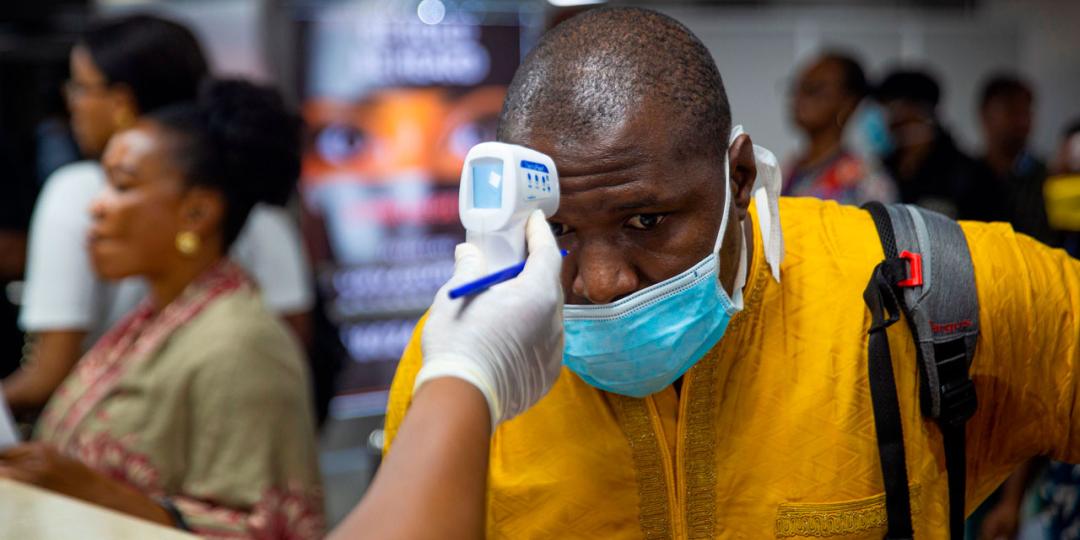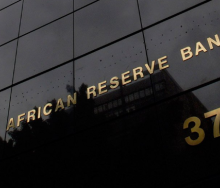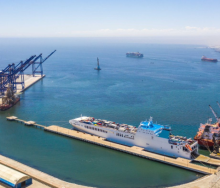South Africa’s confirmed Covid-19 cases are rising, possibly indicating a resurgence in the spread of the virus, the latest official medical research data has revealed.
Bureau for Economic Research (BER) economists have also noted that the latest upward trend in the number of new Covid-19 cases over the past week has, on the back of a gold mining strike and load-shedding, added to a gloomy economic outlook.
The National Institute for Communicable Diseases’ latest data, released on Sunday, showed that 3 222 new Covid-19 cases had been identified over a 24-hour period. This brings the total number of laboratory-confirmed cases to 3 762 911, representing a 16.7% positivity rate.
“Due to the ongoing audit exercise by the National Department of Health (NDoH), there may be a backlog of Covid-19 mortality cases reported. Today, the NDoH reports five deaths, and of these, two occurred in the past 24-48 hours. This brings the total fatalities to 100 303 to date,” the NICD report said.
So far, a total of 24 332 659 tests have been conducted in both the public and private sectors.
The majority of new cases were reported in Gauteng (54%), followed by KwaZulu-Natal (25%). Western Cape accounted for 10% and Mpumalanga for 3%. Eastern Cape, Free State and North West each accounted for 2% respectively, while Limpopo and Northern Cape accounted for 1% of the new cases respectively.
The NICD also reported an increase of 21 hospital admissions during the 24-hour reporting period.
The BER at the University of Stellenbosch noted the rise in the number of cases in its weekly economic report released on Monday.
“The near-term picture of the SA economy has darkened since the release of the previous Weekly Review. Not only did the February activity data disappoint expectations, but the devastating flooding in parts of the country and stage-four load-shedding means that pressure is building on Q2 GDP,” the BER said.
“The recent adverse events occurred while a labour strike in the gold mining sector has now dragged on for almost 50 days. Furthermore, there are early signs of a resurgence of Covid-19 in SA, with a rising incidence of virus fragments in waste water. The positivity rate of tests has risen sharply over the past week, with case numbers increasing rapidly. Fortunately, hospitalisation rates remain low, but are also edging up somewhat,” the BER said.
Regarding the floods in KZN, the Bureau said it would take some time before the full extent of the damage to the private business sector could be assessed.
“Some early estimates put the damage to infrastructure alone at R5.7 billion. In terms of economic activity, temporary issues, for example due to staff not being able to travel to work, have largely been resolved, but some businesses have still suspended production due to damage,” the BER said.
“Crucially, activity in SA’s busiest port also came to a standstill for a few days. While normal harbour operations have resumed in Durban, paper product producer Sappi, for example, has already commented that export deliveries could be negatively affected for “a few weeks” due to congestion and limited availability of vessel space.”













